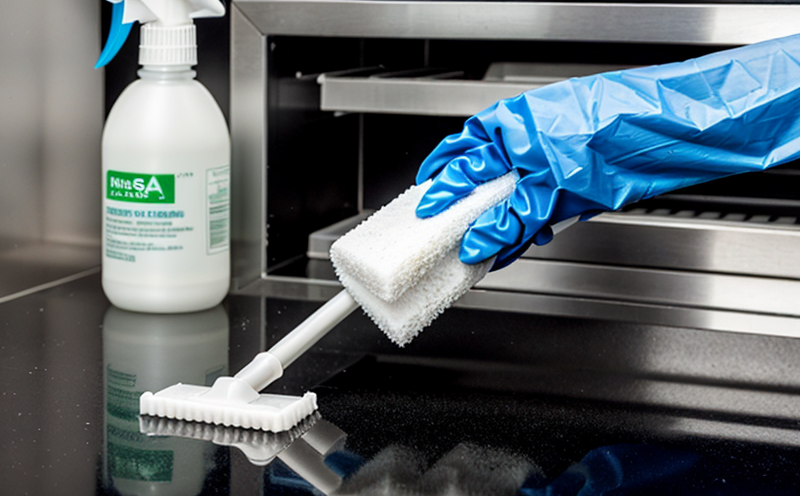EN 13727 Bactericidal Testing of Plastics for Medical Cleaning
The European Standard EN 13727 outlines comprehensive methodologies for evaluating the bactericidal efficacy of plastics intended for use in medical cleaning applications. This standard is particularly relevant in sectors where hygiene and infection control are paramount, such as healthcare facilities, laboratories, and pharmaceutical industries.
This testing ensures that the plastic materials used in these critical environments can effectively eliminate bacteria, thereby reducing the risk of cross-contamination and infections. The process involves several stages, starting with the selection of appropriate test organisms to ensure relevance to real-world scenarios. These organisms are typically chosen based on their resistance to disinfectants, which makes them a challenging target for bactericidal agents.
The specimen preparation is meticulous; it requires precise handling and sterilization techniques to avoid contamination that could skew results. Once prepared, the specimens undergo exposure to various concentrations of disinfectant solutions designed to mimic actual usage conditions in medical settings. This includes considering factors like temperature, duration, and contact time.
After exposure, the specimens are rinsed thoroughly with sterile water, and any remaining bacteria are quantified using standardized microbiological methods. The effectiveness of the bactericidal action is then determined by comparing the bacterial load before and after treatment. Acceptance criteria are stringent and align closely with international best practices to ensure high standards of hygiene.
Understanding the intricacies of this testing process allows quality managers, compliance officers, R&D engineers, and procurement teams to make informed decisions that enhance product safety and performance in medical cleaning applications. By adhering to EN 13727, manufacturers can demonstrate their commitment to patient safety and comply with regulatory requirements.
- Comprehensive Assessment: Full evaluation of bactericidal efficacy under controlled conditions.
- Reproducibility: Standardized procedures ensure consistent results across different laboratories.
- Regulatory Compliance: Aligning with EN 13727 ensures product safety and meets regulatory standards.
- Patient Safety: Ensures that medical cleaning devices are effective in reducing the risk of infections.





